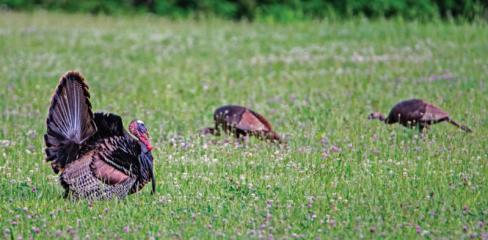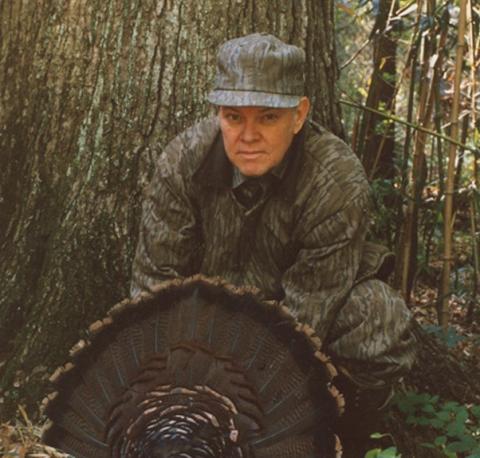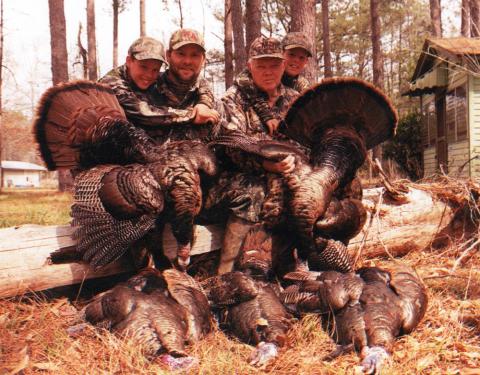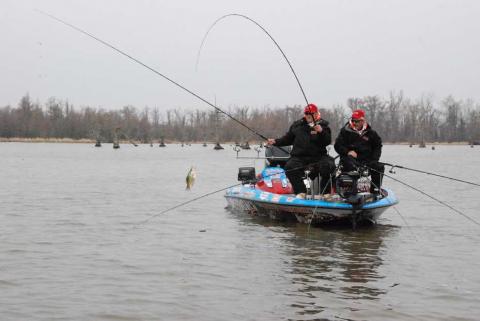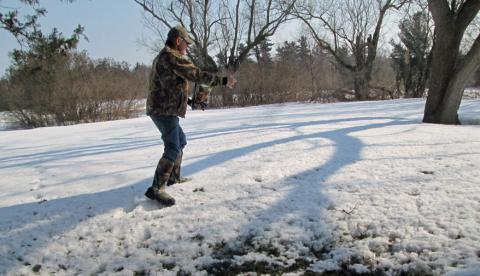provided by John Phillips
Thirty-two-year-old Mossy Oak Pro Drew Benton from Panama City, Florida, currently ranks No. 40 in the world on BassFan.com. He started tournament fishing in 2008, began fishing professionally in 2011 and has earned more than a half million dollars in his fishing career. He’s participated in the Bassmaster Elite Series for five years. To learn more, visit his Facebook page.
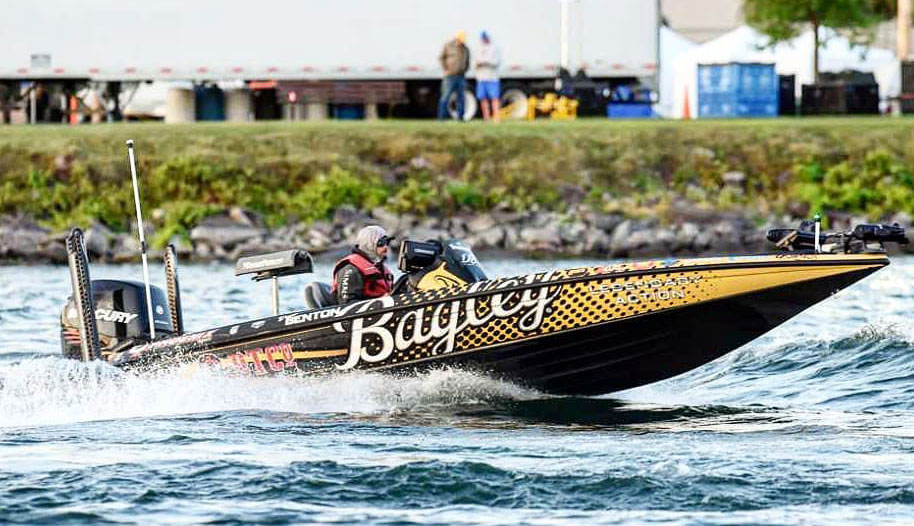
Many well-known bass fishermen have said that to be consistently successful you need to know when to stay with fish that are biting or leave those fish to find another school of larger bass. I’ve learned that in the spring of the year, if I’m catching a good number of undersized fish, that’s telling me that the male bass have moved into shallow water and are waiting on the female bass to arrive. I know then that the female bass are in the same general area out in deeper water. Soon enough, those female bass will be looking for boyfriends and are just waiting on the right water temperature to go find a male bass for mating.
I’ll move away from the shallow water in that region and search for deeper water, drop-offs and/or brush closer to the main lake where those females will be holding. When I pinpoint those females, I’ll try to catch them with a rattling bait or a chatterbait. Typically, when females are holding offshore, waiting to move into the spawning area, they don’t bite aggressively. But once those females move in shallow to get with the male bass, they become very aggressive. That’s when I start fishing reaction baits to get them to bite.
One of the advantages of finding out where the female bass are holding before they move into the shallow water during the spring is that they’ll return to those same places and hold just before they move to deep water like secondary points, underwater beds and outside grass lines. They’re hunting for places where they can stop, hold and feed to recover after the spawn, and before they move out to deeper water where they’ll spend the summer months. I like to fish slow-moving baits, like a plastic worm or topwater baits such as rubber frogs, buzzbaits or walking lures.
















